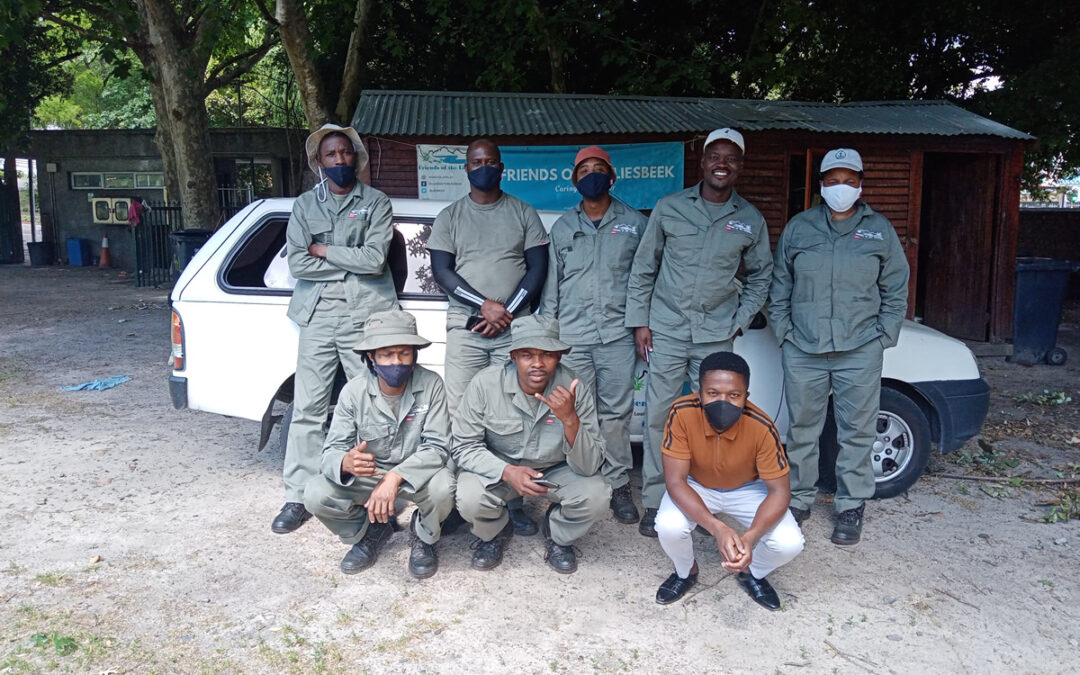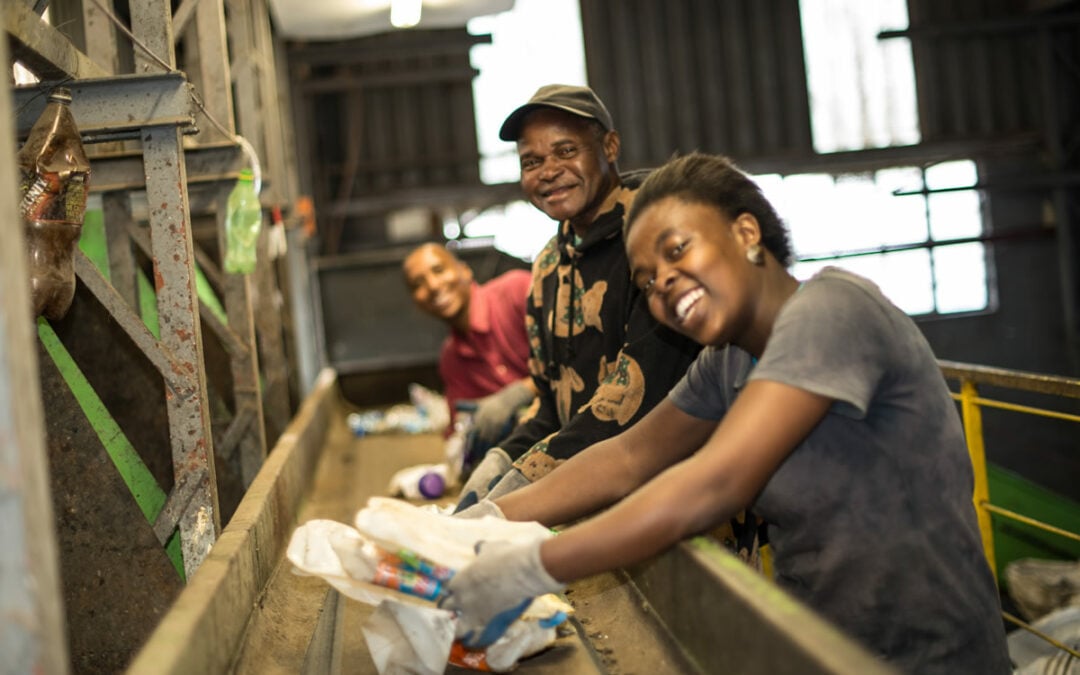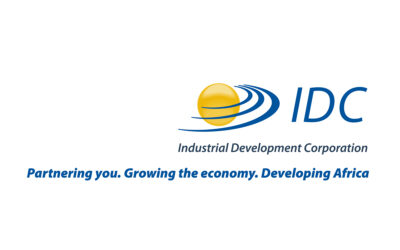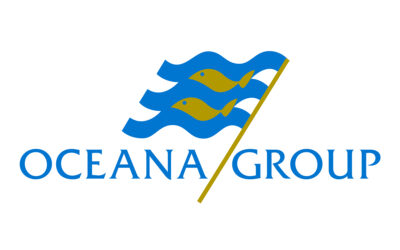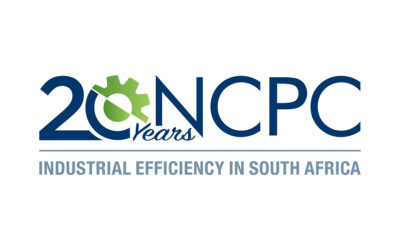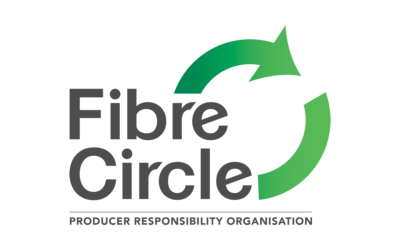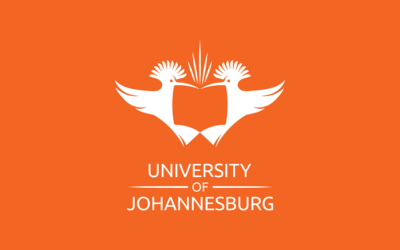“Aaniyah Omardien is the founder and director of The Beach Co-op, an organisation focusing on building an ocean-loving culture in Cape Town.
“I fell in love with the ocean as a young girl in Cape Town, where the mountains meet the sea. This connection to blue and green spaces motivated me to study geography and atmospheric science at the University of Cape Town.”
The Beach Co-op is involved in beach clean-ups, and works collaboratively with ocean communities and other role players to protect and restore ocean ecosystems.
Omardien believes that sustainability and environmentalism go hand-in-hand: “I have struggled being labelled an environmentalist, because it did not capture the social justice and human rights issues that I feel are marginalised in traditional conservation and sustainability/environmental practices.”
Omardien argues that the marginalised are the most threatened by the effects of climate change, but are often side-lined from the sustainability conversation.
“The Beach Co-op has been working with the City of Cape Town to improve their understanding of the biodiversity in some of the city’s tidal pools, and to share this knowledge with residents,” she says.”
“Our goals are to empower coastal communities as keepers of oceans, and to keep South Africa’s beaches clean and healthy”


